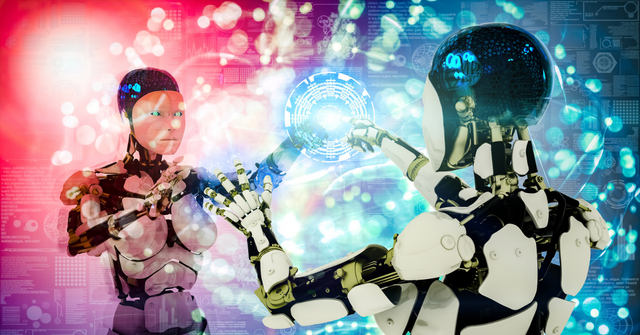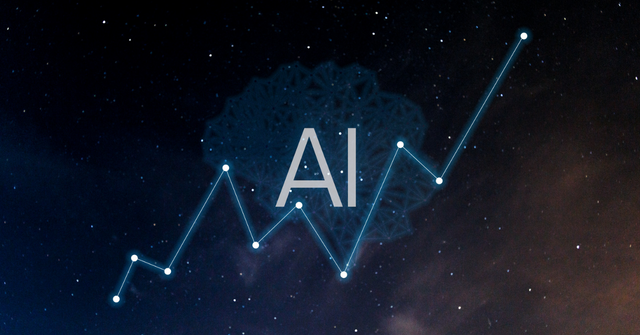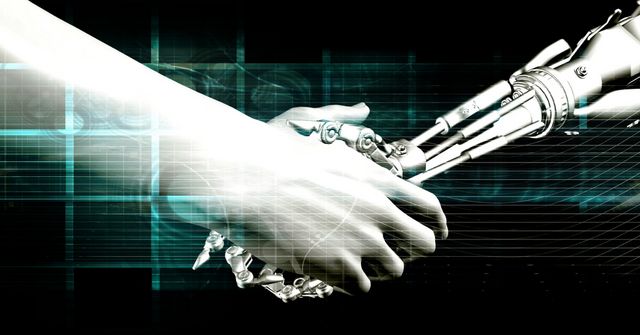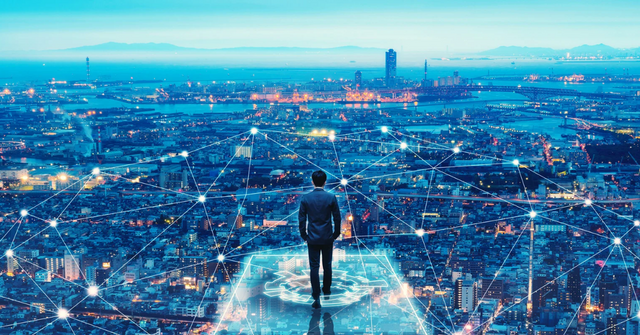
The rapid advancement of Artificial Intelligence (AI) technology is on the brink of fundamentally transforming our society. This transformation has the potential to revolutionize our work methods, lifestyles, and economic structures. In this article, we explore the possibilities and challenges that AI brings to our future.
The Evolution of AI and Its Impact on Society
AI development is revolutionizing numerous industries. For instance, tech giants like Google are being forced to reconsider their advertising revenue models due to the evolution of AI-powered search. While traditional search engines provided ample opportunities for users to view advertisements, AI search offers direct answers, potentially reducing ad exposure.

However, the evolution of AI also creates societal challenges. A primary concern is its impact on employment. The advancement of AI and robotics could lead to the automation of many job roles, potentially resulting in increased unemployment rates and widening income gaps.
The Possibility of Universal Basic Income
One proposed solution to this issue is Universal Basic Income (UBI). UBI is a system that provides all citizens with a basic income unconditionally. In a society where AI-driven automation is prevalent, UBI could offer economic stability and allow people the time to learn new skills.

In fact, a project called Worldcoin is conducting a UBI experiment. This project offers regular payments in exchange for participants' biometric data, exploring the possibility of a future global UBI system.
AI and the Future of Investment
AI is also revolutionizing the financial sector. In the world of investment, AI can be used to analyze vast amounts of financial data and support investment decisions. For example, it's now possible to input a company's financial reports into an AI for swift and detailed analysis.

However, AI has its limitations. Language models like ChatGPT excel at understanding context and generating text but face challenges in predicting time-series data or analyzing complex causal relationships. Therefore, in the field of investment, a hybrid approach combining AI and human expertise is considered effective.
The Future of Work and the Human Role
While AI development will automate many jobs, it's also giving rise to new professions and ways of working. For instance, AI can be used to streamline creative work or improve the accuracy of data analysis.

In the future, the boundary between work and hobbies may become blurred. As AI handles routine tasks, people might be able to spend more time on creative activities based on personal interests.
Outlook for Future Society
The evolution of AI has the potential to greatly change our society. However, we need to carefully steer this development to ensure that technological progress doesn't undermine human nature or essential societal values.

The key is to "master" AI. We need to strike a balance between maximizing the benefits of technology and maintaining our humanity and creativity. Continuous learning and flexible thinking are essential to adapt to the changes brought about by AI.
We are living in an era of the most rapid technological innovation in human history. The future that AI brings will be shaped by the choices and actions of each one of us. Maintaining a balance between technological progress and human values while creating a better society - this might be the mission imposed on us living in the AI era.
This article was created based on statements from prominent Japanese figures in the field of AI and technology. Their insights and perspectives have been incorporated to provide a comprehensive view of the potential future shaped by AI, as seen from a Japanese standpoint. While the original context is rooted in Japanese thought leadership, the concepts and implications discussed are globally relevant, offering valuable insights for an international audience on the worldwide impact of AI advancement.